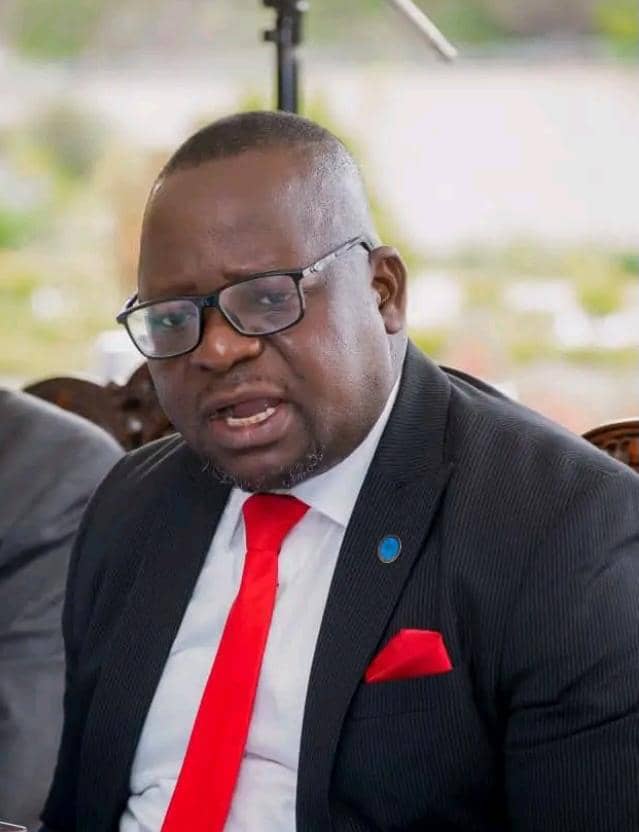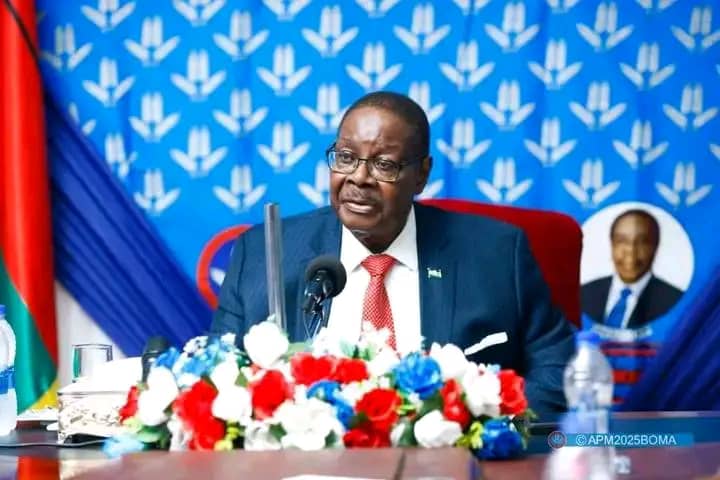By Burnett Munthali
As Malawi prepares for its crucial 2025 elections, the Democratic Progressive Party (DPP) has voiced its strong opposition to the use of national IDs as the primary method of voter identification. The party has raised several concerns about fairness, transparency, and potential manipulation of the electoral process.
The DPP argues that relying on national IDs could disenfranchise a significant number of eligible voters who have yet to receive their IDs. According to the party, the National Registration Bureau (NRB) has been ineffective in distributing national IDs across the country, leaving a large number of citizens without the necessary documentation to vote. This shortfall, they claim, creates an uneven playing field and risks undermining the democratic process through lower voter turnout.
Additionally, the DPP accuses the current administration, led by the Malawi Congress Party (MCP), of planning to use government resources and influence to manipulate the elections. The DPP suggests that the MCP government might exploit the situation with national IDs to their advantage by limiting access to these IDs for opposition supporters. These allegations point to concerns of voter suppression and a potential compromise of electoral integrity.
The DPP’s claims go further, warning of potential plans by the MCP to use the national ID issue to implement restrictive voting measures ahead of the elections. They suggest that the ruling party could use the ID requirement as a tool to disenfranchise opposition supporters, securing their control over the election by excluding those not aligned with their political agenda. Such a strategy, if true, would raise serious questions about the fairness of the upcoming elections and the future of democracy in Malawi.
Another key point of contention is the performance of the NRB. Critics have expressed frustration over its handling of the national ID registration process. Reports suggest that logistical challenges, inefficiencies, and delays have left many Malawians without IDs, even as the 2025 elections draw nearer. Opposition parties, including the DPP, have called on the government to urgently address these shortcomings, demanding that all eligible voters receive their national IDs well before the elections.
Several other opposition parties have echoed the DPP’s concerns about the national ID situation and its potential impact on the 2025 elections. They have called for a transparent, inclusive voter registration process and a national effort to ensure that all citizens have access to national IDs in time for the elections.
These parties have also proposed alternative voter verification methods, such as the use of additional documentation or biometric data, to prevent eligible voters from being excluded. Their primary goal is to ensure that all Malawians, regardless of political affiliation, can exercise their right to vote without unnecessary obstacles.
In August 2024, the DPP accused the NRB of favoring the central region, traditionally seen as an MCP stronghold, in the distribution of national IDs. DPP Director of Elections Gladys Ganda alleged that this bias amounted to a form of rigging ahead of the 2025 elections. According to the DPP, requiring national IDs for voter registration would disproportionately affect regions where ID distribution has lagged, further deepening the party’s concerns about electoral manipulation.
The DPP’s opposition to the use of national IDs for the 2025 elections raises broader concerns about the integrity of Malawi’s electoral process. As the country approaches this critical moment in its democratic journey, ensuring fair and inclusive voting practices has become a top priority. The actions of the MCP government and the National Registration Bureau in the coming months will be closely scrutinized as Malawians seek to protect their rights and guarantee that every eligible voter has the opportunity to participate in shaping the country’s future.




